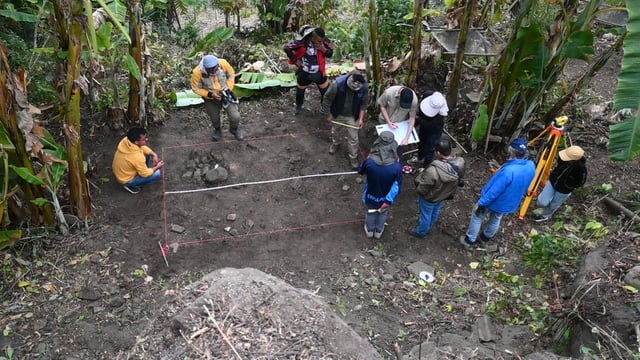Overview
- The Australian Research Council–funded project launched in early 2025 pairs Nagaland University with institutes such as the University of Sydney, La Trobe University, the University of York and the Birbal Sahni Institute of Palaeosciences
- Following initial excavations and oral history work in Langa and New Phor, the team has expanded field studies into Shamator and Meluri districts to analyze ancient settlement sites
- Researchers are using techniques including burnt plant remain dating, pottery residue testing and phytolith analysis to reconstruct early Naga farming under climatic stress
- Early results indicate that jhum or rotational cultivation enhanced biodiversity and crop resilience, overturning earlier criticisms of slash-and-burn methods
- A newly released community archaeology film showcases collaborations with Indigenous communities and aims to inform modern food security and climate resilience strategies
